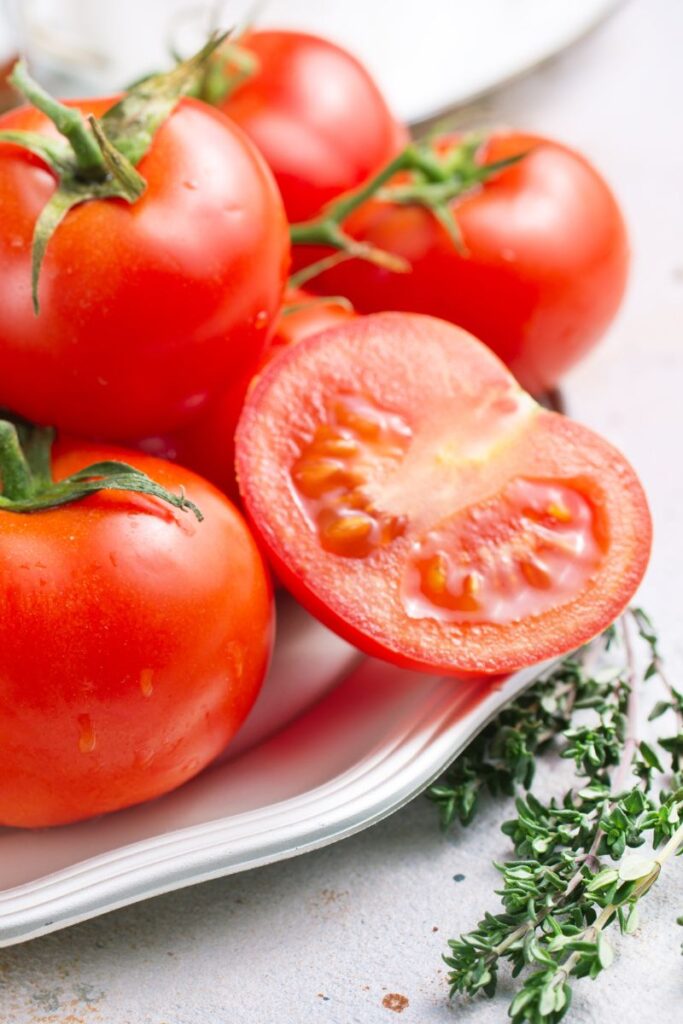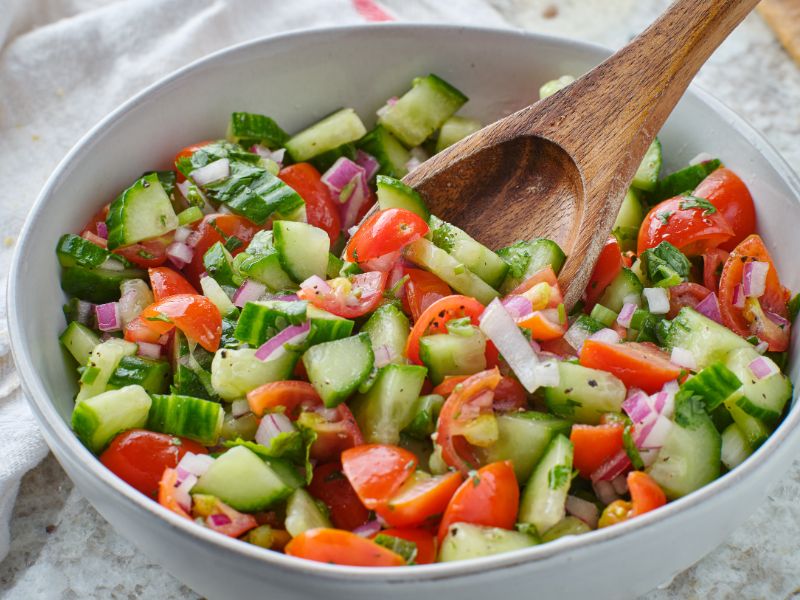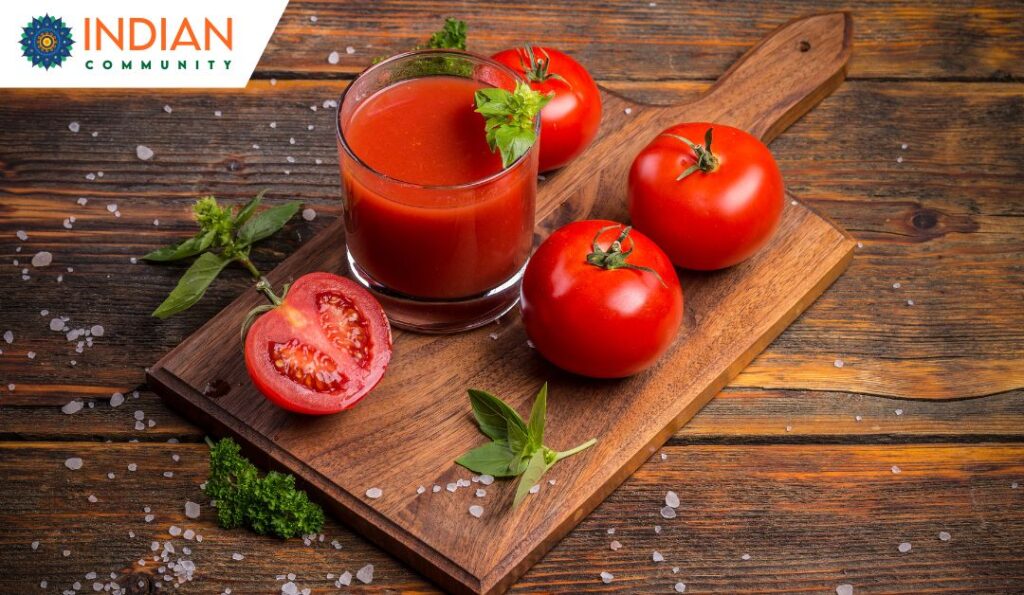Navratri, a significant Hindu festival dedicated to the worship of Goddess Durga, is marked by a period of fasting and religious observance. During this time, many devotees adhere to specific dietary restrictions as a form of spiritual discipline. One common question that arises is whether tomatoes, a staple in many kitchens, are allowed during Navratri fasting. This blog delves into the dietary guidelines for Navratri fasting, focusing on the role of tomatoes and providing detailed insights into their consumption during this auspicious period.
Understanding Navratri Fasting Rules
Navratri fasting rules can vary depending on regional customs, personal practices, and the specific type of fast one observes. Generally, the key principles include:
Consumption of Fasting-Approved Foods: Foods allowed during Navratri typically include fruits, dairy products, potatoes, and certain vegetables that are considered “safe” or in line with the fasting guidelines.
Avoidance of Certain Foods: During Navratri, many people abstain from consuming grains, lentils, and certain vegetables.
Are Tomatoes Allowed During Navratri Fast?

1. Traditional Beliefs and Practices
In traditional Hindu fasting practices, particularly those observed during Navratri, tomatoes are often excluded from the diet. This is because tomatoes are classified as a type of fruit that belongs to the nightshade family, which also includes potatoes, brinjals (eggplants), and peppers.
Nightshade Family:
The nightshade family includes plants that are sometimes avoided during fasting periods due to their perceived heating properties or because they are not traditionally consumed during religious fasts.
2. Regional and Personal Variations
Dietary practices during Navratri can vary widely depending on regional customs and personal beliefs. In some regions, tomatoes might be included in fasting preparations, especially if the local customs or personal preferences allow for their use.

- Regional Customs:
In certain areas, there may be variations in fasting rules, and tomatoes might be used in fasting recipes, provided they are not mixed with restricted ingredients. - Personal Interpretation:
Some individuals might choose to include tomatoes in their fasting diet based on personal convenience or interpretation of fasting rules.
Nutritional and Digestive Considerations
1. Nutritional Value of Tomatoes
Tomatoes are rich in vitamins, particularly vitamin C, and antioxidants such as lycopene. They are also a good source of dietary fiber and water. However, during Navratri fasting, the focus is often on specific foods that align with spiritual and traditional guidelines.
2. Digestive Impact
Tomatoes are slightly acidic and can have a heating effect on the body, which is why they might be avoided during fasting periods. The idea is to maintain a balanced and calming diet that does not disrupt the body’s natural rhythm during the fast.
Alternative Ingredients for Navratri Recipes
If you choose to avoid tomatoes during Navratri, there are plenty of alternatives that can be used to prepare flavorful dishes:

- Cucumbers: They are hydrating and can be used in salads and raita.
- Pumpkin: A versatile ingredient that can be used in various dishes, including curries and soups.
- Carrots: Can be used in salads, soups, and sweets.
- Yogurt: An excellent base for raita and other side dishes.
Tips for Managing Your Diet During Navratri

- Plan Ahead: Prepare your meals in advance using fasting-approved ingredients to avoid any last-minute confusion or inconvenience.
- Stay Hydrated: Drink plenty of water and herbal teas to maintain hydration.
- Consult Local Guidelines: Refer to regional practices and consult with family or spiritual leaders to ensure adherence to local fasting traditions.
- Listen to Your Body: Pay attention to how different foods affect your body and adjust your diet accordingly.
The consumption of tomatoes during Navratri fasting largely depends on traditional beliefs, regional practices, and personal dietary preferences. While traditional fasting practices often exclude tomatoes due to their classification in the nightshade family, some individuals and regions may include them based on personal interpretation and local customs.
Ultimately, whether or not to include tomatoes in your Navratri diet is a personal decision that should align with your spiritual practices, dietary needs, and comfort. By understanding the traditional guidelines and exploring alternative ingredients, you can maintain a fulfilling and respectful fasting experience during this sacred festival.


